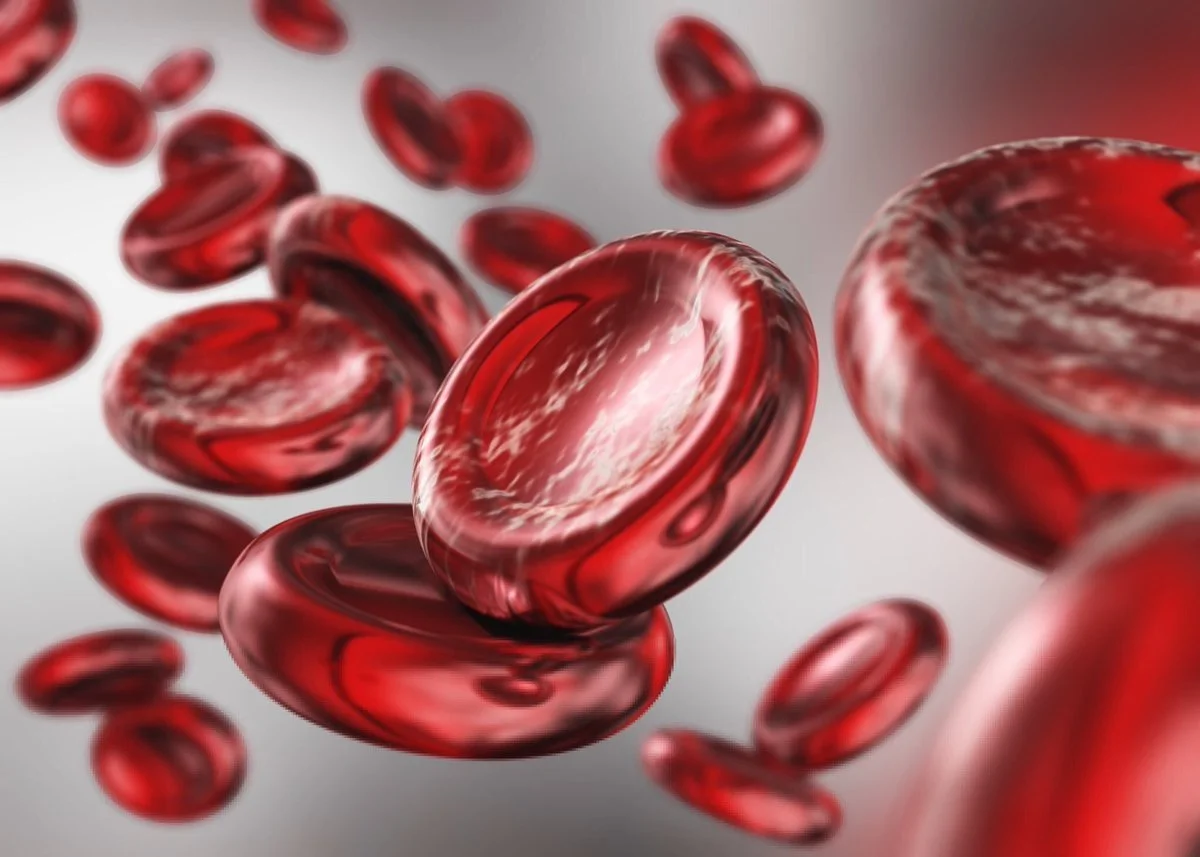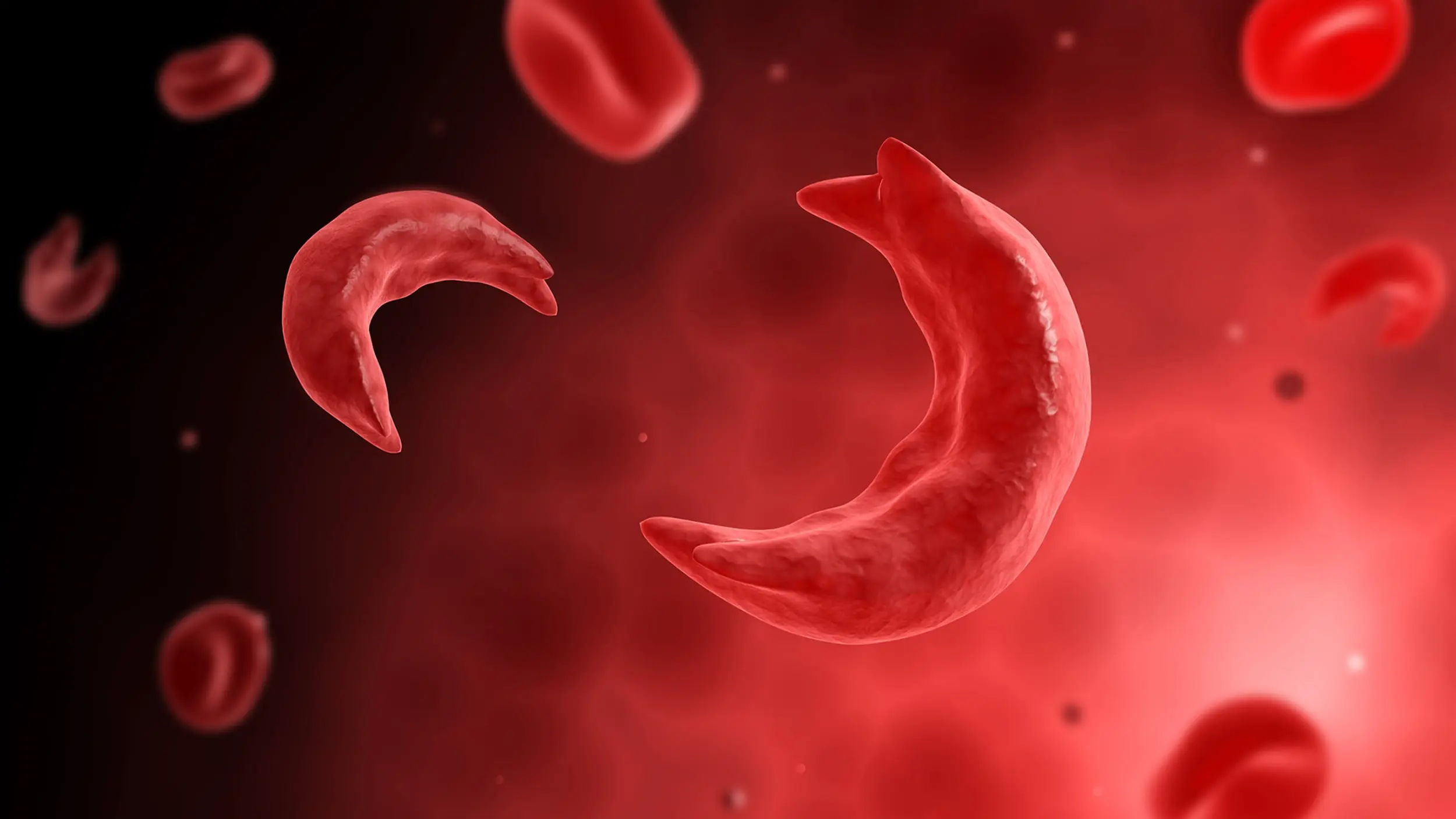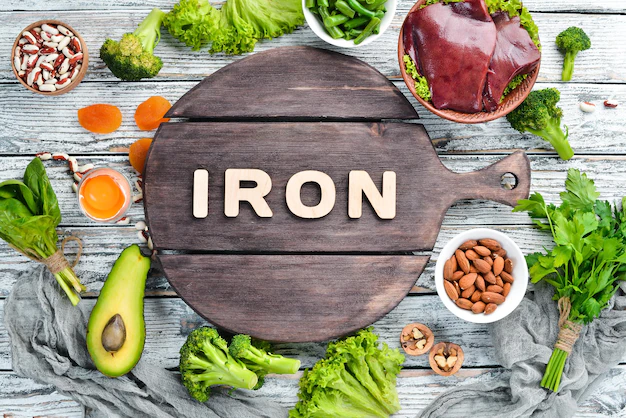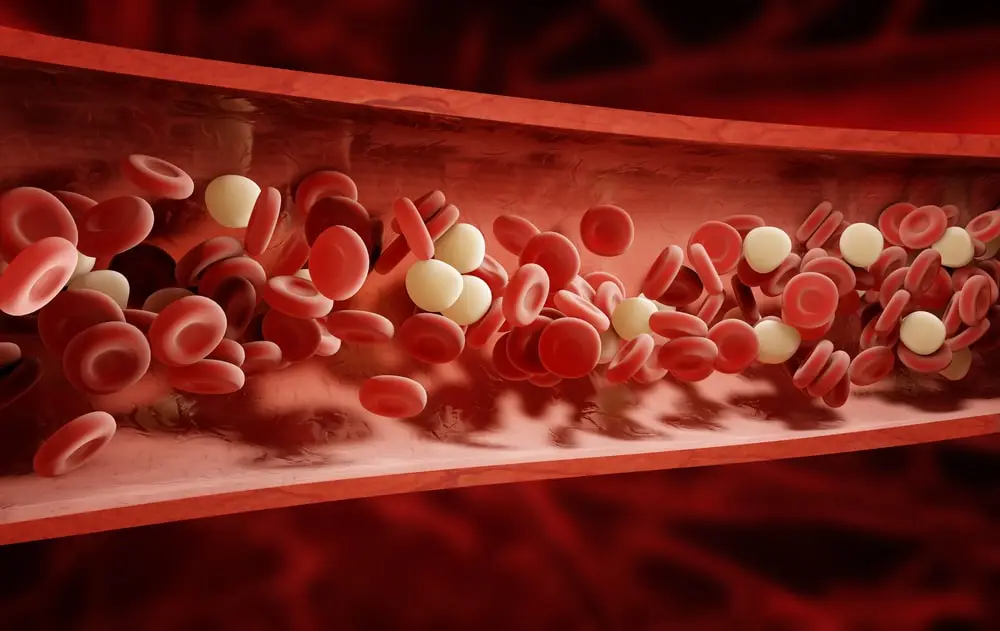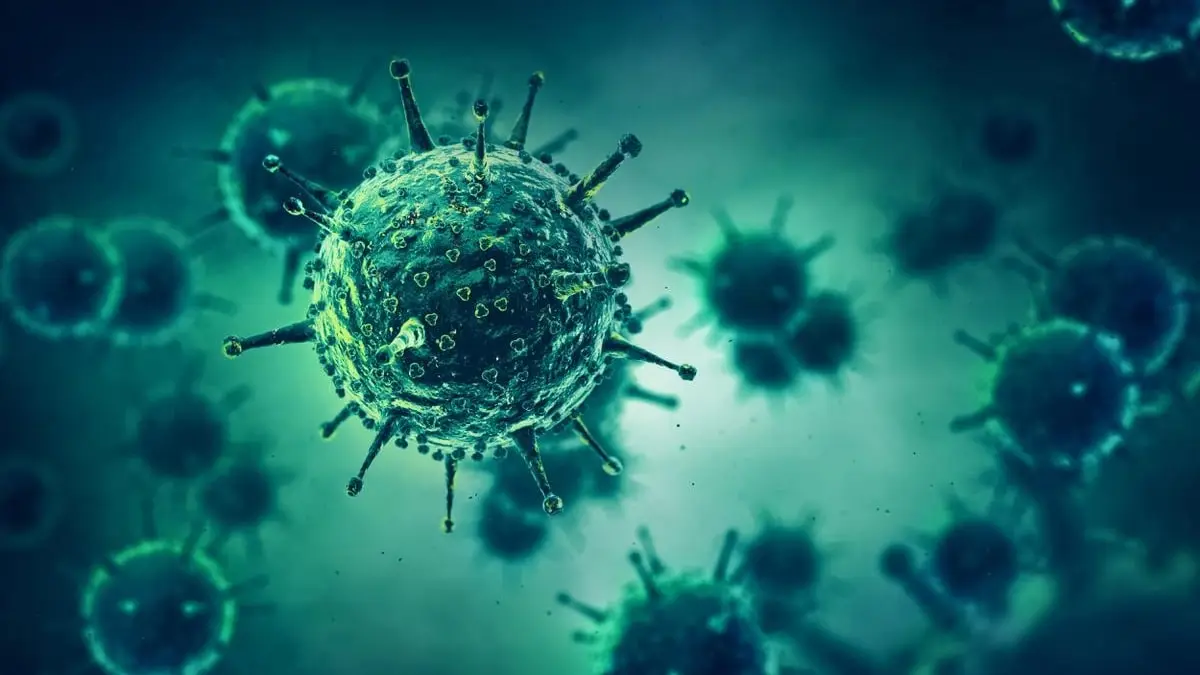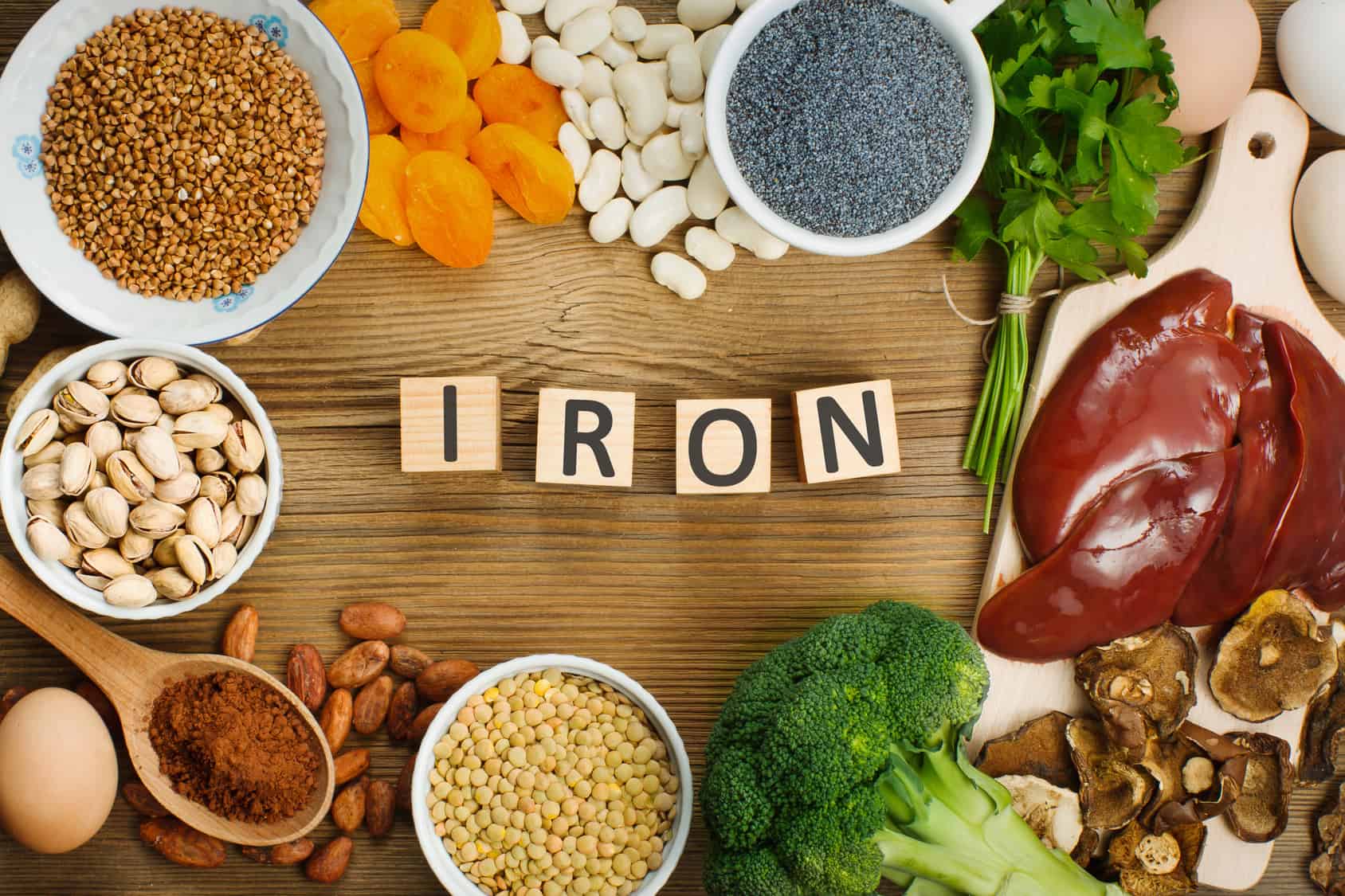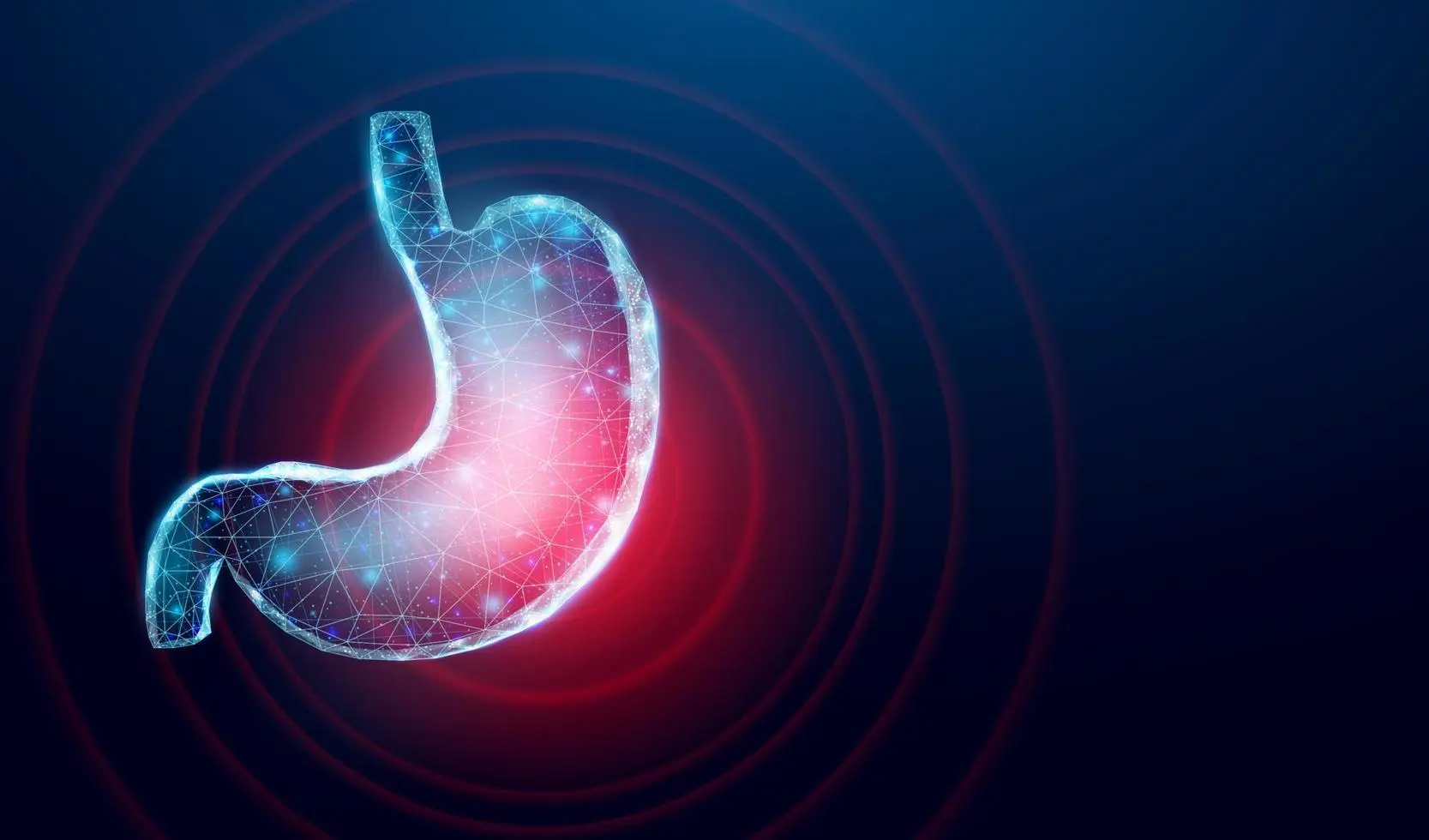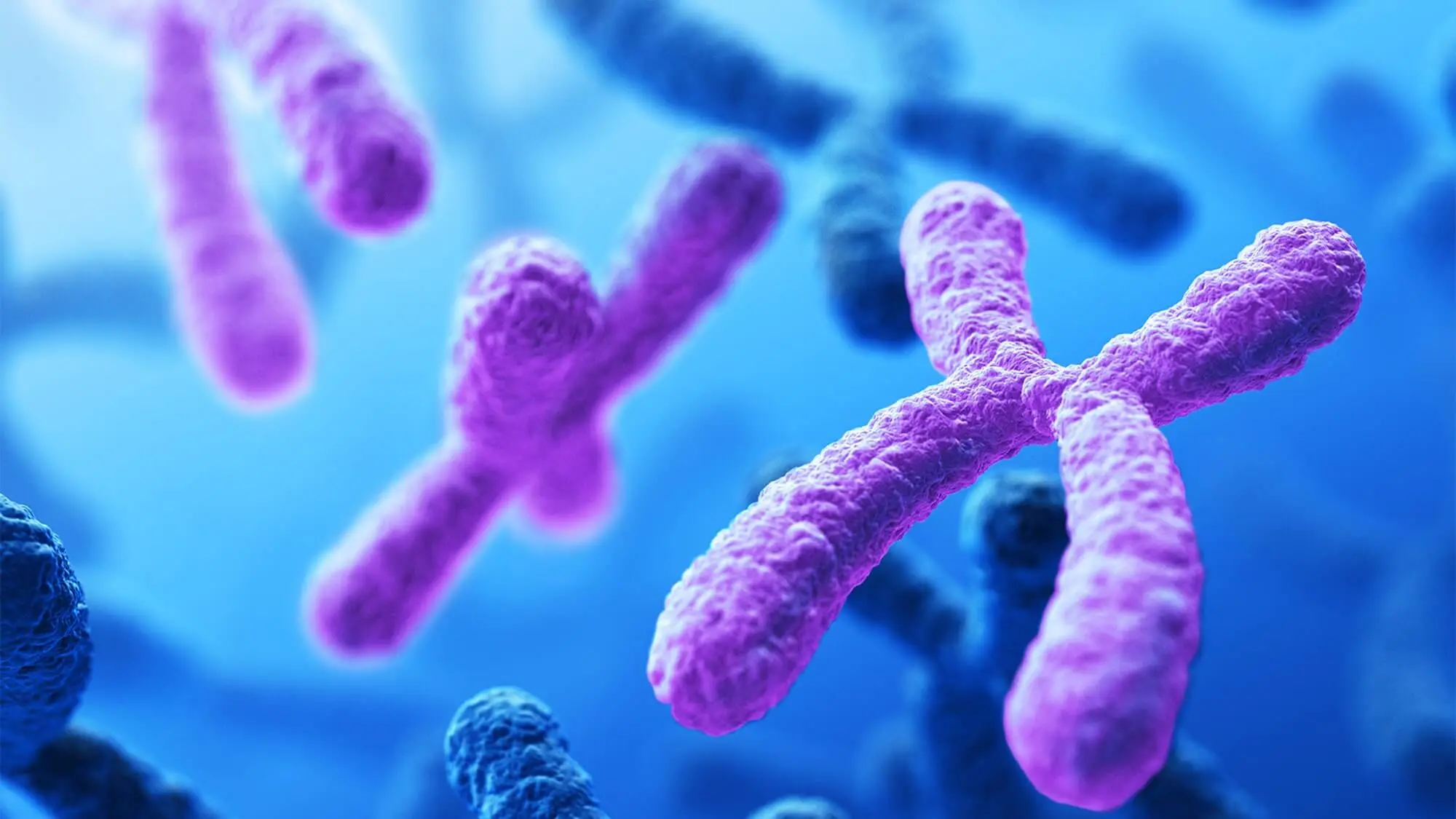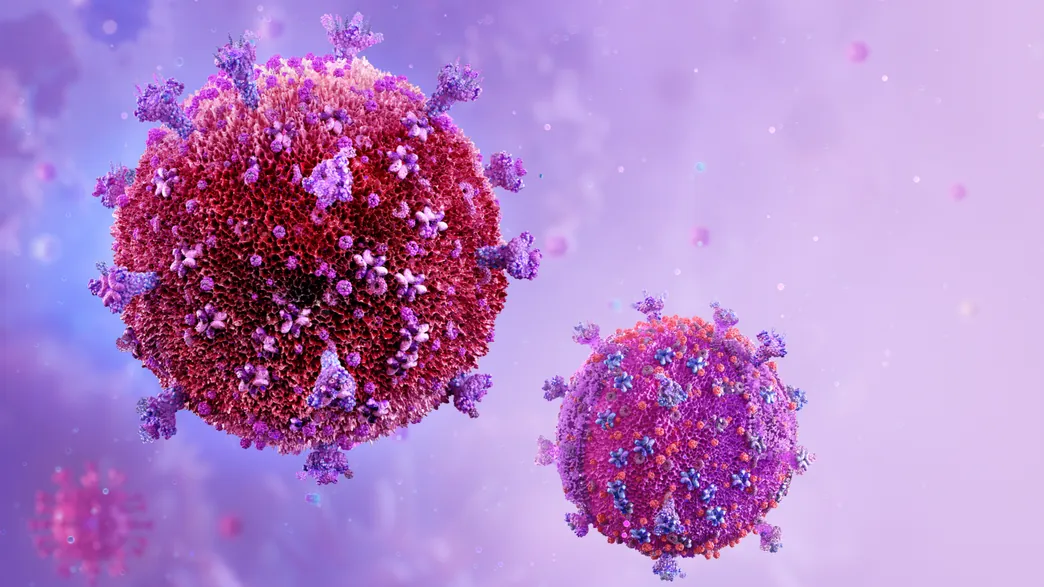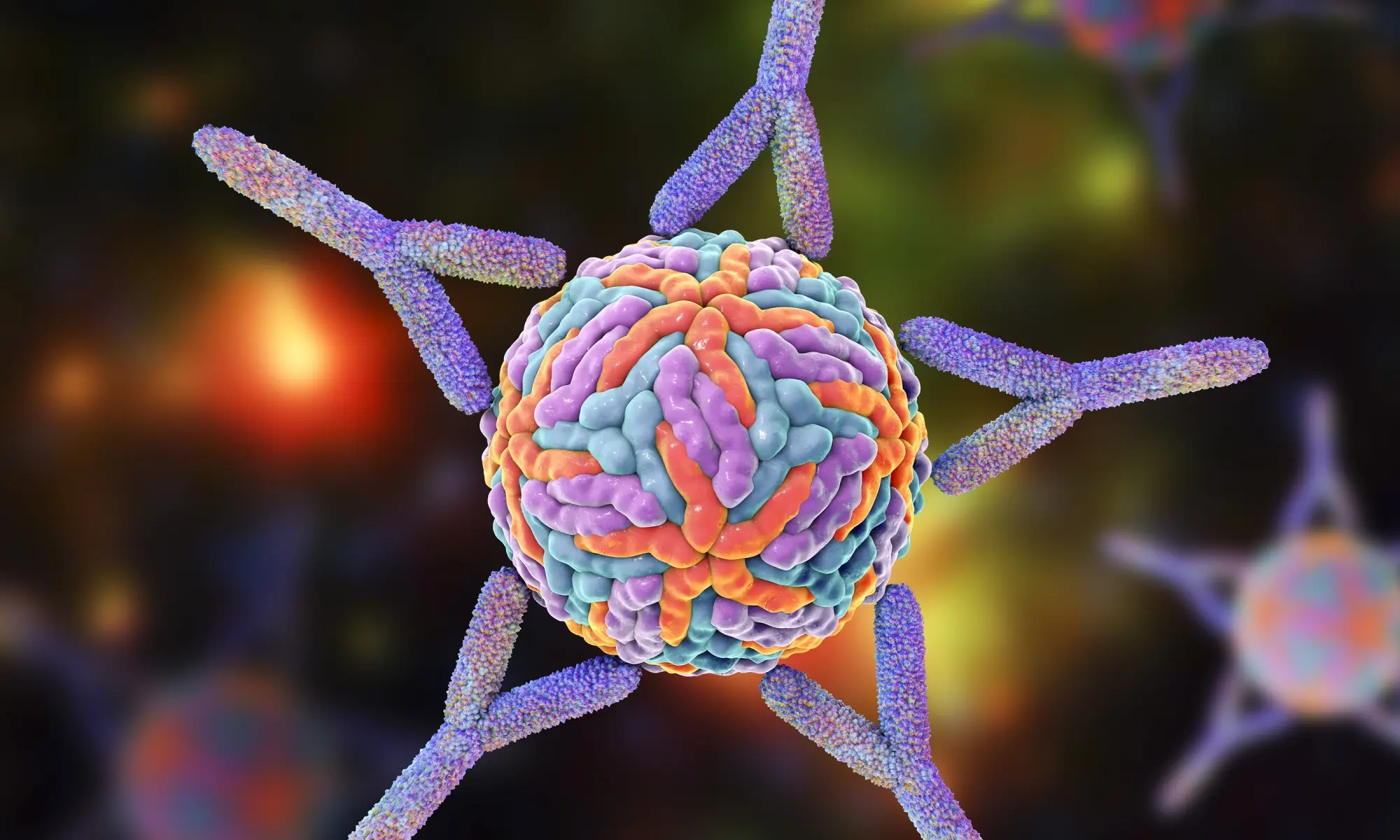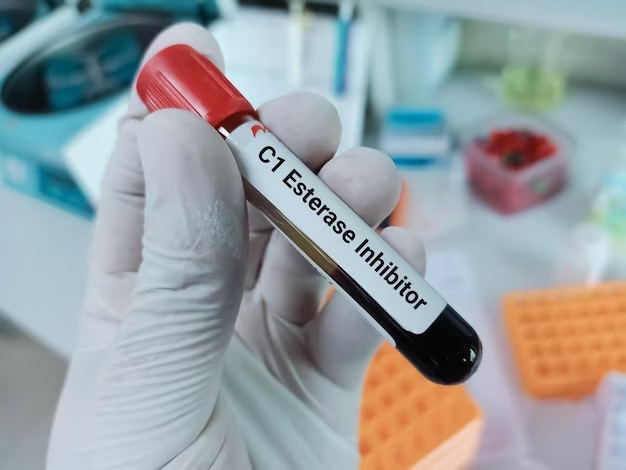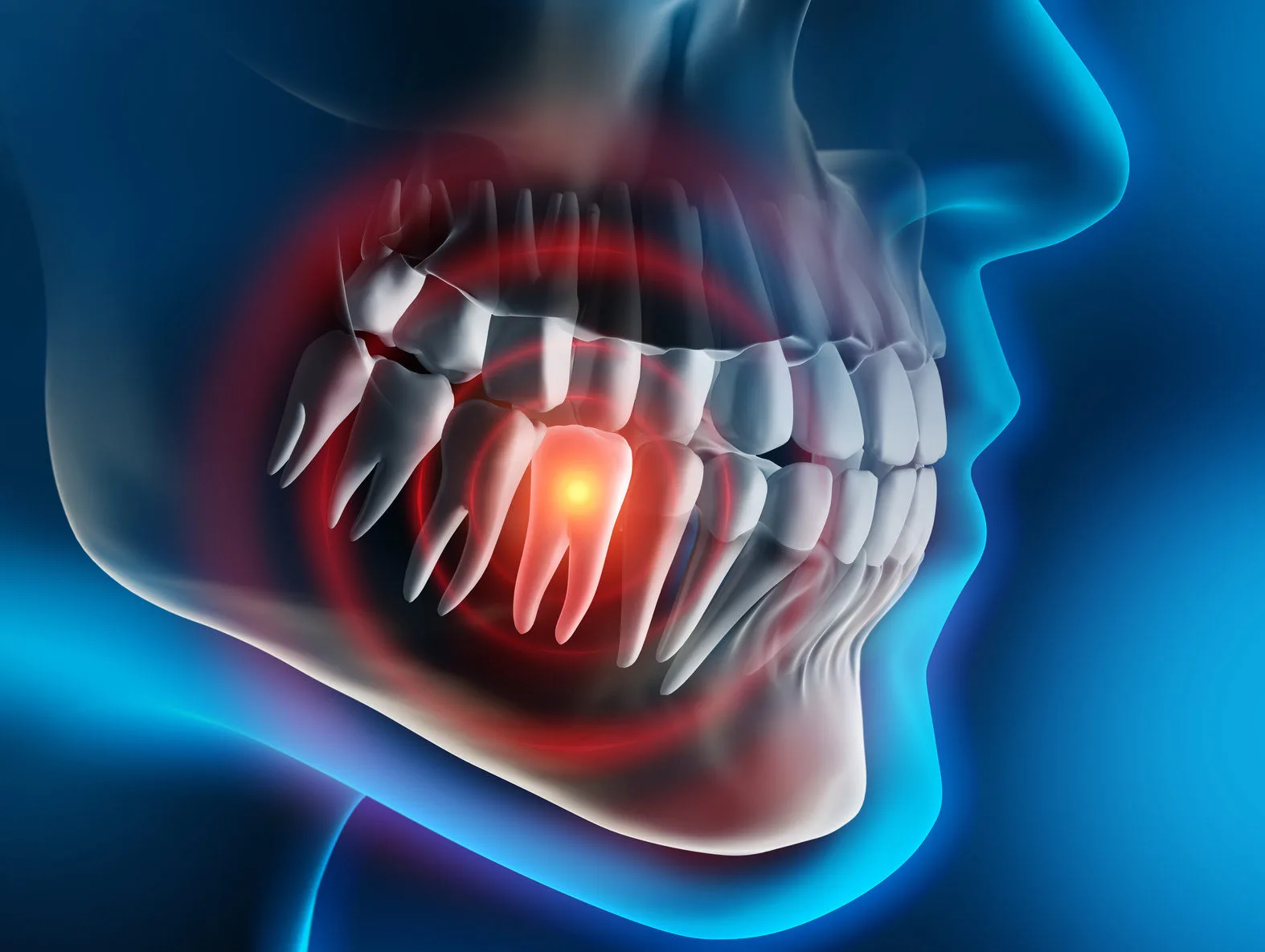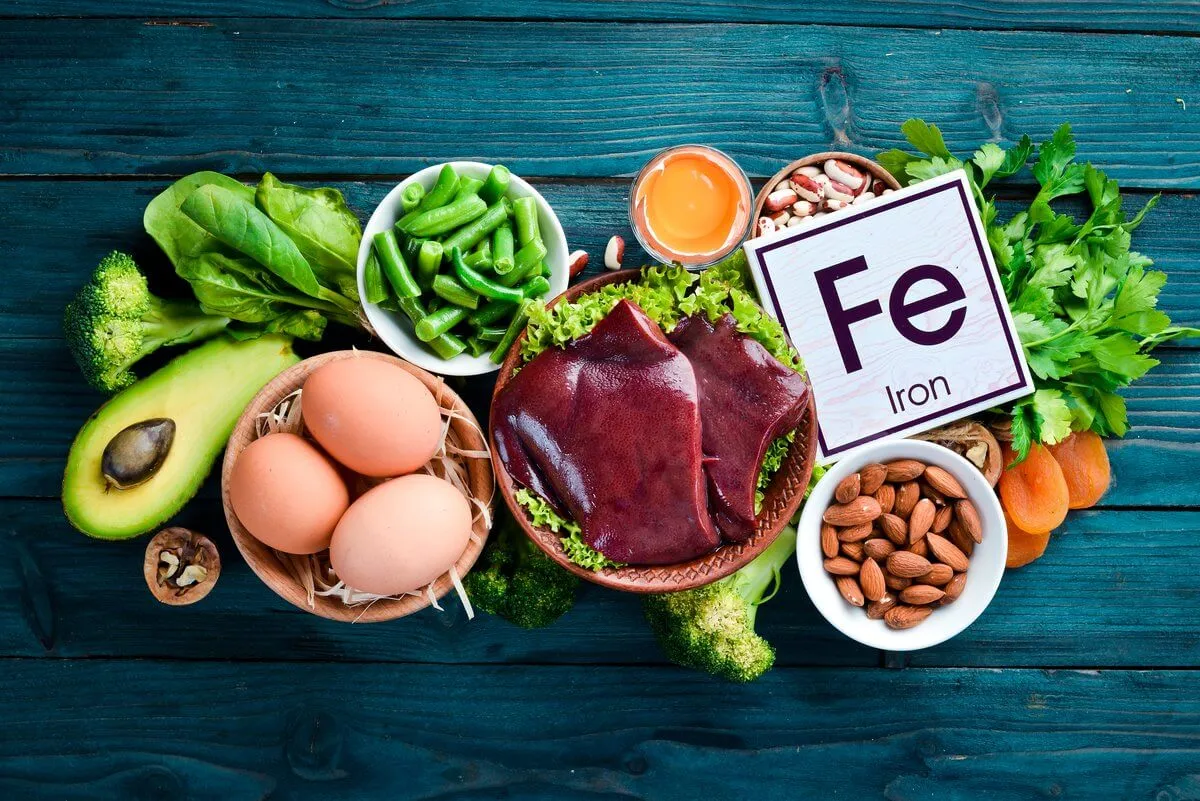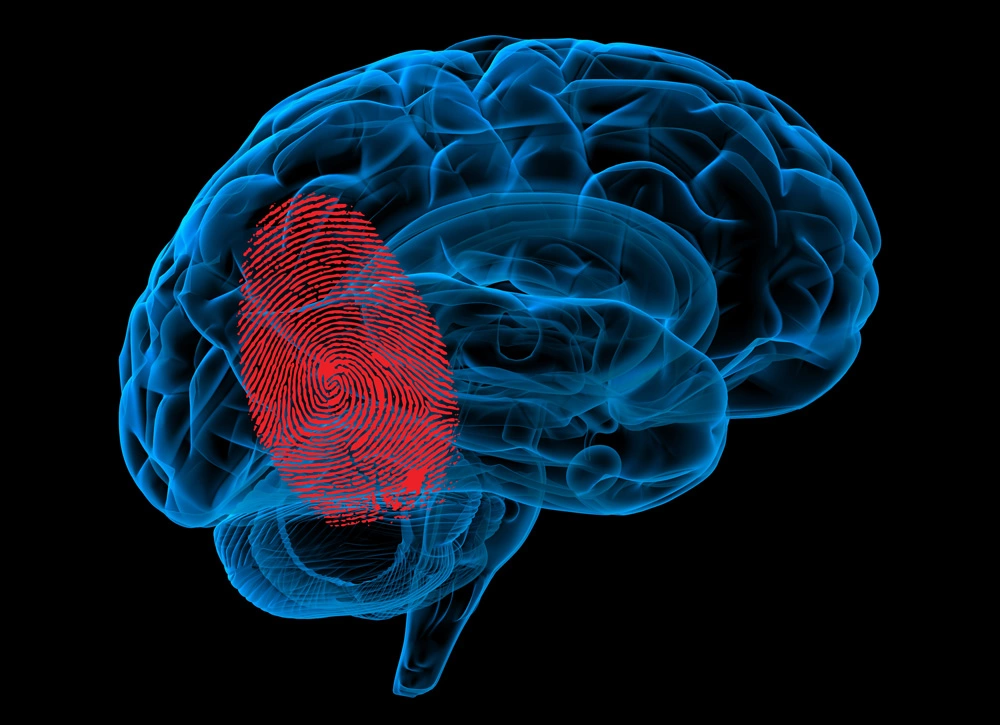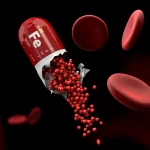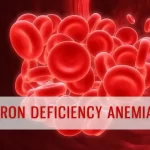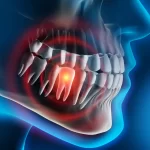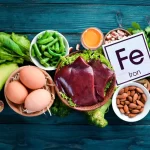Anemia and Heavy Menstruation Relationship, and Treatments
Introduction
There is a strong relationship between iron deficiency anemia and menstruation especially if the period is heavy.
This is due to the amount of iron lost per cycle. The amount of iron lost in women with heavy menstrual bleeding (HMB) is 5-6 times greater than normal women so that iron deficiency anemia can develop.
Many women suffer symptoms such as pain, cramps, and irregular or severe bleeding during their period.
Menstrual bleeding may be heavier than usual if tampons or sanitary pads changed frequently.
If it affects daily life and the blood loss makes you feel physically weak, it is clearly too heavy.
The idea that regular menstruation itself is a risk factor for iron-deficiency anemia.
Premenopausal and menstruating women are considered to be at high risk for iron-deficiency anemia.
Anemia and Heavy Menstruation
Heavy menstrual bleeding (menorrhagia) is an excessive menstrual blood loss that interferes with the woman’s physical, emotional, social, and material quality of life, and can occur alone or in combination with other symptoms.
HMB is defined objectively as menstrual blood loss of 80 mL or more per menstrual period that is not caused by pregnancy or any systemic cause (such as bleeding or thyroid disorders) or gynecological disease.
HMB affects up to 30% of premenopausal women. It is not clear that women themselves recognize that they have excessive bleeding and are in danger of such serious health effects.
More than 25% of 300,359 women in one large database who were hospitalized with gynecological conditions associated with heavy menstrual bleeding were diagnosed with anemia and nearly one-quarter of these women were transfused.
Although healthy premenopausal women with HMB are often able to compensate for anemia and thus avoid complications, women with this condition should be evaluated by a doctor because anemia can have several negative consequences.
How Heavy Menstruation Cause Anemia?
Iron deficiency (ID) is the world’s most common nutritional deficiency and the leading cause of anemia in both developed and developing countries.
Iron deficiency anemia (IDA) is most common in women of reproductive age and preschool children, regardless of geographic region or economic status.
The amount of iron lost per cycle in women with heavy bleeding is 5-6 times greater than in women with average blood loss, resulting in significant depletion of their iron stores, so that if a woman loses too much blood during her period, she may develop iron deficiency, so that iron deficiency anemia and heavy menstruation are linked together.
Iron is essential for the formation of red blood cells. When the body lacks iron, it is unable to produce enough red blood cells, resulting in anemia.
A pale complexion and cold hands and feet are also signs of anemia.
More severe anemia can also cause other symptoms such as difficulty breathing and a racing heart, especially after strenuous physical activity.
Daily Iron Requirement
Women require more iron than men as they lose iron during their menstrual cycle.
For women, a daily iron intake of 15 milligrams is recommended.
Food is the only natural source of iron, and the mineral can also be taken as a supplement. Here is a complete list of iron-rich foods and the amount of iron contained in each of them.
Causes of Heavy Periods
The inability of the womb to contract properly is the most common cause of heavy periods.
Contractions of the womb usually help in the shedding of the womb lining, which then exits the body along with some blood.
They also help to ensure that the bleeding does not last too long.
If larger benign growths such as fibroids or polyps get in the way, the womb muscles are unable to contract properly.
Polyps grow in the womb’s lining, while fibroids develop in its muscle layer. The muscles of the womb can also be hindered by contraceptive coils.
Adhesions (scar tissue bands) in the womb, as well as inflammations in the womb or fallopian tubes, are all common causes of heavy periods.
These adhesions may be present from birth or as a result of surgery or severe endometriosis.
Heavy periods are rarely caused by malignant growths such as uterine (womb) or cervical cancer.
How to Detect the Heavy Menstrual Bleeding?
To determine whether or not your period is heavy, you must first determine how much blood is lost during the menstrual cycle.
The exact amount may not be able to be measured, but it can be estimated.
One method is to count how many pads or tampons are required on each day of a period.
Keeping track for one or two months, for example, by keeping notes in a diary, can be beneficial.
Here are some indicators for heavy periods
- Regular need to change pads or tampons after only one or two hours.
- When you have your period, you will soon feel weak and tired.
- The menstrual blood contains many large clumps of blood.
Treatment / Management of Anemia and Menstruation
Whether it is anemia or heavy menstruation, each of them has a separate treatment.
Oral estrogen-containing or progestin-only hormones are used as first-line therapy for acute HMB, with intravenous dosing used if needed.
Your doctor may begin with high doses and gradually reduce the dose over several weeks to lower daily maintenance therapy.
When to start iron therapy?
You will require iron replacement if you have anemia as a result of heavy menstrual bleeding.
Also, if you received a red cell transfusion, your doctor will begin iron therapy because the iron in transfused red cells is insufficient to replenish storage iron.
Continuous follow-up with your doctor is also essential to ensuring continued control of menstrual bleeding and complete correction of iron deficiency anemia.
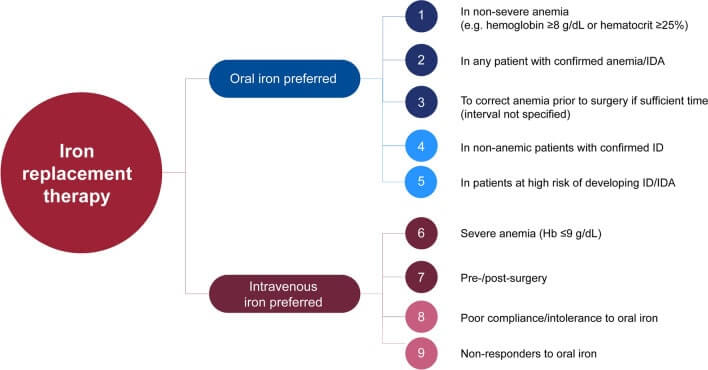
Summary
There is a strong relationship between anemia and menstruation, as it is considered a risk factor for iron deficiency anemia.
Heavy menstrual bleeding (HMB) is an abnormally large menstrual blood loss that impairs a woman’s physical, emotional, social, and material quality of life.
HMB is defined objectively as menstrual blood loss of 80 mL or more per menstrual period that is not caused by pregnancy or any systemic cause.
Women must recognize that their menstrual bleeding is abnormal before seeking medical attention for this condition or responding affirmatively when asked about HMB.
The amount of iron lost per cycle in women with heavy bleeding is 5-6 times greater than in women with average blood loss, resulting in significant depletion of their iron stores, so that if a woman loses too much blood during her period, she may develop iron deficiency.
The inability of the womb to contract properly is the most common cause of heavy periods.
Signs of heavy periods may include the regular need to change pads or tampons after only one or two hours, when you have your period, you will soon feel weak and tired and the menstrual blood contains many large clumps of blood.
To determine whether or not your period is heavy, you must first determine how much blood is lost during the menstrual cycle. The exact amount may not be able to be measured, but it can be estimated.
Oral estrogen-containing or progestin-only hormones are used as first-line therapy for acute HMB, with intravenous dosing used if needed.
If you have anemia or received a red cell transfusion due to heavy menstrual bleeding you will need iron replacement.
Continuous follow-up with your doctor is also essential to ensuring continued control of menstrual bleeding and complete correction of iron deficiency anemia.
How useful was this post?
Click on a star to rate it!
Average rating 0 / 5. Vote count: 0
No votes so far! Be the first to rate this post.
I'm sorry that this post was not useful for you!
Let me improve this post!
Tell me how I can improve this post?
References
- Bernardi, L., Ghant, M., Andrade, C., Recht, H., & Marsh, E. (2016, August 15). The Association between subjective assessment of menstrual bleeding and measures of iron deficiency anemia in premenopausal African-American women: A cross-sectional study. Retrieved April 25, 2021, from PubMed
- Kocaoz, S., Cirpan, R., & Degirmencioglu, A. (2019). The prevalence and impacts heavy menstrual bleeding on anemia, fatigue and quality of life in women of reproductive age. Retrieved April 25, 2021, from PubMed
- Heavy periods: Overview. (2017, May 04). Retrieved April 25, 2021, from PubMed
- JJ;, N. (n.d.). Severe anemia from heavy menstrual bleeding requires heightened attention. Retrieved April 25, 2021, from PubMed
- Fernandez-Jimenez, M., Moreno, G., Wright, I., Shih, P., Vaquero, M., & Remacha, A. (2020, January 29). Iron deficiency in menstruating adult women: Much more than anemia. Retrieved April 25, 2021, from PubMed
- G;, C. (n.d.). Menstruation does not cause anemia: Endometrial thickness correlates positively with erythrocyte count and hemoglobin concentration in premenopausal women. Retrieved April 25, 2021, from PubMed
- Bofill Rodriguez, M., Dias, S., Brown, J., Wilkinson, J., Lethaby, A., Lensen, S., . . . Farquhar, C. (2018, November 15). Interventions for the treatment of heavy menstrual bleeding. Retrieved April 25, 2021, from PubMed
- O’Brien, S. (2018, November 30). Evaluation and management of heavy menstrual bleeding in adolescents: The role of the hematologist. Retrieved April 25, 2021, from PubMed
- Mansour, D., Hofmann, A., & Gemzell-Danielsson, K. (n.d.). A review of clinical guidelines on the management of iron deficiency and iron-deficiency anemia in women with heavy menstrual bleeding. Retrieved April 25, 2021, from PubMed
Anemia is defined as a reduction in the amount of red blood cells or hemoglobin in the circulation. It is a common nutritional deficiency disorder...
Sickle Cell Anemia | Causes, Symptoms, Diagnosis and Treatments
Sickle cell anemia is an inherited condition of the globin chains that leads to hemolysis and chronic organ damage.
The most prevalent mineral deficiency is iron deficiency, Iron deficiency without anemia is common, It has been associated with: weakness, fatigue, reduced exercise performance and...
Hemolytic anemia is a type of anemia that is caused by the breakdown of red blood cells, an increase in hemoglobin catabolism, a decrease in hemoglobin...
Featured Posts
Recent Posts
Popular Posts
Learn More


